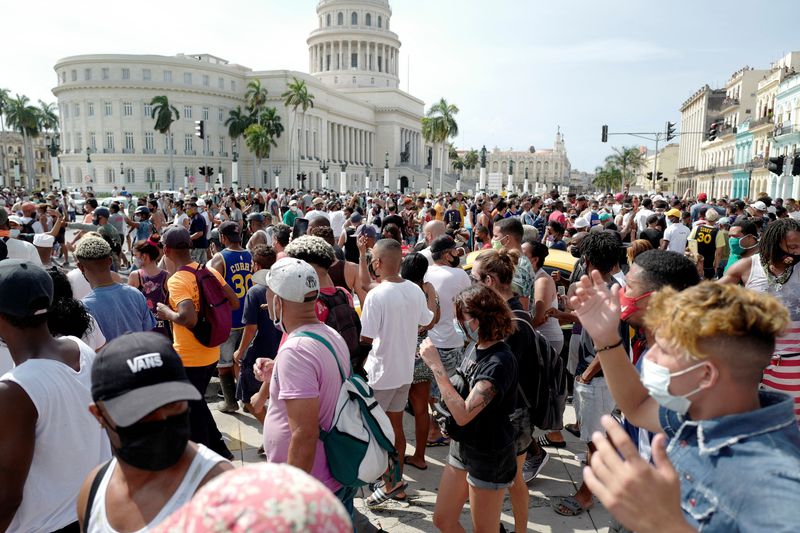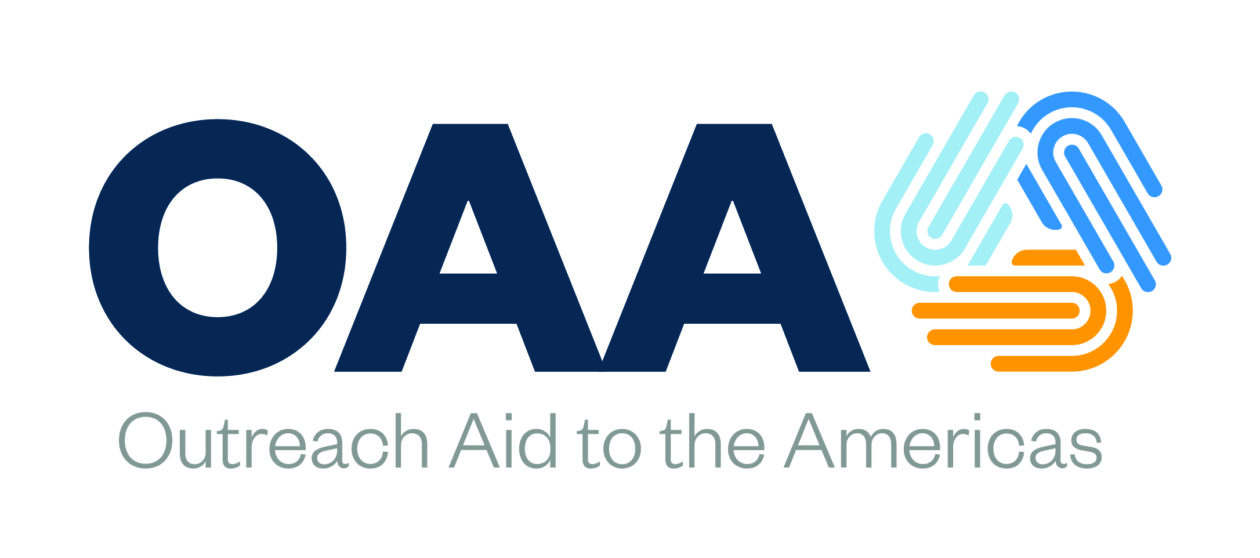Opinion: Cuban religious leaders have been preparing for this moment
This opinion piece by OAA CEO and President Dr. Teo Babun was originally published by the South Florida Sun Sentinel on July 27, 2021. Click here to read the original piece.

On July 11, thousands of people from all over Cuba took to the streets to protest the communist leaders’ failure to address economic, social and public health crises, and their continued, brutal authoritarian rule in a show of popular force not seen in decades. Despite the regime’s unsurprisingly violent response, demonstrators continue to boldly pour out into the streets.
You might say that the priests saw this coming.
Since last year, numerous Catholic priests and lay leaders, as well as some Protestant pastors, have been publicly making strong criticisms of Cuba’s communist leaders not only for their continued human rights abuses but also for their incompetence and apparent callousness in the face of widespread suffering resulting from the pandemic and an economy in free fall. In homilies, sermons, open letters and social media posts, religious leaders expressed support for human rights advocates and called on the Cuban people to hold onto faith and hope at a time of severe national testing.
It is not incidental, then, that among those who were arbitrarily detained during the protests is Father Castor José Alvarez Devesa, a brave priest who has called for political change. Father Castor was severely beaten and held incommunicado before being released a day later. Other religious leaders who have been arrested are Baptist pastors Yarian Sierra, Yéremi Blanco, and Yusniel Pérez Montejo, who has since been released. The families of pastors Sierra and Blanco have been prevented from communicating with them.
It is likely that the regime saw in these events an opportunity to remove those whose outspokenness have made them a real threat to the survival of the regime. There are many other tools and tactics that the regime uses against religious leaders who refuse to “stay out of politics,” as they are often warned to do. Many, for example, are added to the long and growing list of regulados — people who are prohibited from leaving the country. The latest to be added to this list is Pastor Velmis Adriana Medina Mariño, a member of the Apostolic Churches in Cuba.
In taking these measures against courageous critics, the regime seeks to reinforce its message that dissent will not be tolerated. These actions may backfire, however. A large majority of Cubans profess religious faith, and as many as 70% identify with a specific church. Moreover, Cuba’s nuns, priests, pastors and other faith leaders of various traditions are trusted and respected voices in their communities. They are typically at the front lines, providing spiritual and material support to beleaguered people, and they are often among those calling for respect for human rights and dignity.
The movement we see today was started by the Cuban people, and the course of the nation is in their hands. But the U.S. and other pro-democracy international actors can and should do what they can to help. One way to help immediately is through providing desperately needed humanitarian assistance. After the protests began, the Cuban government announced that it will temporarily lift restrictions on some goods brought by travelers to the island. However, this is a limited and mostly symbolic measure since it only applies to a few suitcases of products per week given the paucity of daily flights from the U.S. to Havana. Government-imposed impediments on the bulk of potential humanitarian assistance that can be donated and distributed by U.S. and other donors remain in place.
If and when the opportunity to meaningfully send assistance arrives, donors must be smart in how they go about delivering aid. In a letter sent recently to the Biden administration, U.S. Sen. Marco Rubio called for humanitarian assistance for the Cuban people through “trustworthy and independent international organizations.” This is an important requirement because the Cuban government is a predatory regime that, as a matter of policy, seeks to take advantage of any funds or assistance that enters the island to enrich itself.
The organization I lead, Outreach Aid to the Americas (OAA), is one of numerous nonprofits with experience facilitating the delivery of humanitarian assistance to Cubans in need. We partner with churches and ministries in the U.S. and in Cuba to ship containers carrying meal packs, hygiene and COVID-19 related products, and other needed materials that reach the intended recipients in part because of the independence of the organizations that we work with.
At OAA, we also advocate for freedom of thought, conscience and religion or belief as a foundational human right, without which a truly free society is not possible. Additional vaccines and more food will offer real relief, but as long as people are unable to march freely, criticize their leaders or practice their faith without fear, they will continue taking to the streets, and they will be chanting “Patria y Vida” (Homeland and Life), demanding the freedom that they have been denied for too long.
